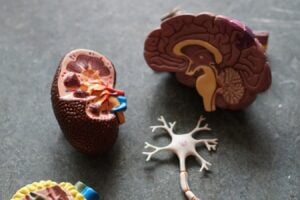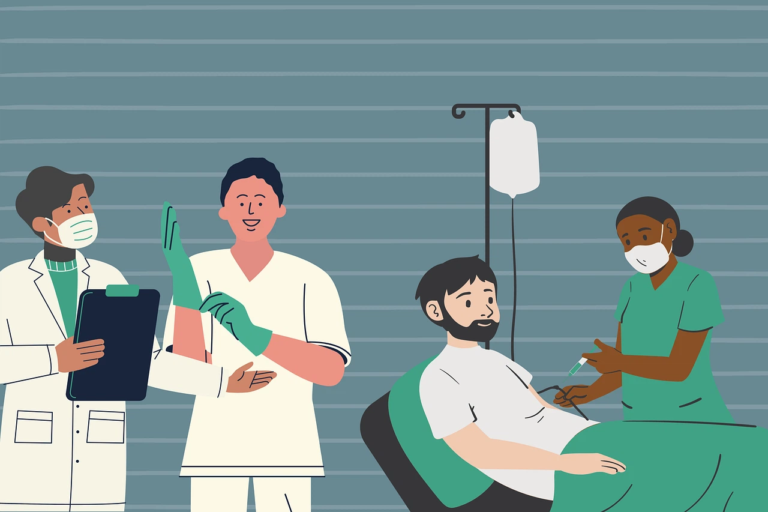Transcript: Alzheimer’s disease is a progressive neurologic disorder that causes memory loss and other cognitive decline due to brain cell degeneration. It’s the most common cause of dementia — a clinical syndrome characterized by a collection of symptoms that affect cognitive abilities, memory, thinking behavior. Dementia is not a specific disease itself.
It’s estimated that more than 55 million people worldwide live with Alzheimer’s disease and other forms of dementia. And that number continues to grow.
Dr. Ronald Petersen, director of the Mayo Clinic Alzheimer’s Disease Research Center, says Alzheimer’s disease, like many other conditions, can be passed down through families.
“In terms of family traits, Alzheimer’s disease has two main types. There’s one form that’s truly inherited in what’s called an autosomal dominant fashion,” says Dr. Petersen.
In this type, each child of a parent with Alzheimer’s has a 50% chance of inheriting the mutated gene which leads to early-onset Alzheimer’s, but that is only 1% of all Alzheimer’s disease.
“The vast majority, though, still has some hereditary influence. Like many other diseases, Alzheimer’s disease can run in families. If you have first-degree relatives with Alzheimer’s disease, your risk may be up three or fourfold over the general population,” Dr. Petersen says.
While the risk increases, it doesn’t mean you’ll develop the disease. (End transcript)
5 Ways Families Can Lower Alzheimer’s Risk
1. Keep the Mind Active
Challenge the brain through learning, reading, puzzles, or strategy games like chess.
Staying mentally stimulated helps build cognitive reserve — the brain’s ability to stay sharp even when changes occur with age.
2. Stay Socially Connected
Isolation increases risk for cognitive decline. Make time for friends, community events, or family gatherings.
As Dr. Ronald Petersen says, “Don’t withdraw. Don’t avoid going out. Stay involved.”
3. Eat a Healthy Diet
Choose balanced meals with vegetables, fruits, whole grains, and lean proteins.
Good nutrition supports heart and brain health and helps maintain stable energy and focus throughout the day.
4. Get Plenty of Rest
Quality sleep gives the brain time to repair and clear waste.
Aim for 7–8 hours of restful sleep each night, and treat sleep problems such as snoring or insomnia early.
5. Reduce Stress
Ongoing stress harms memory and mood. Try deep breathing, prayer, nature walks, or gentle exercise.
Calming the mind protects the brain — and helps families connect more deeply with one another.
Every small step matters.
Healthy habits are powerful even in families with a history of Alzheimer’s. The sooner these habits begin, the stronger their protective effect over time.











